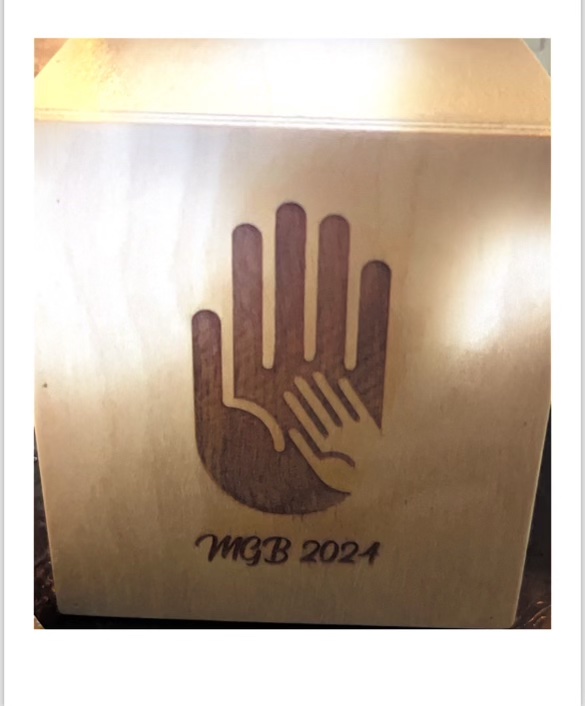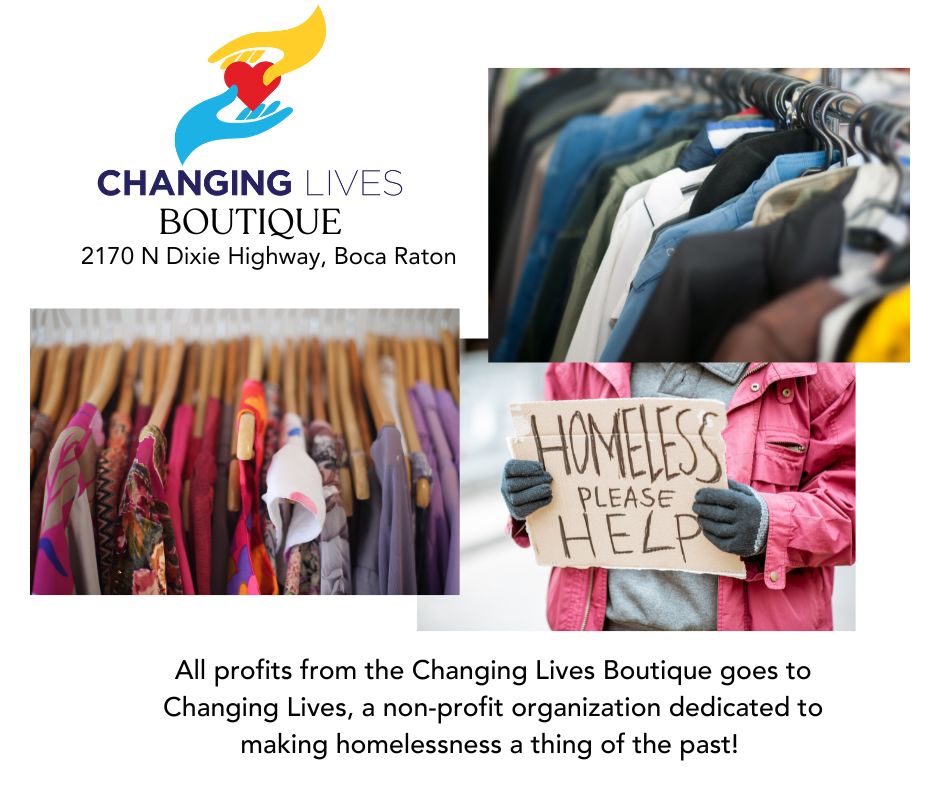
The Club was honored to have past Rotary International President Barry Rassin to be our guest speaker this week. Barry is a member of the Rotary Club of East Nassau, New Providence in the Bahamas.
Rassin earned an MBA in health and hospital administration from the University of Florida and is the first fellow of the American College of Healthcare Executives in the Bahamas. He recently retired after 37 years as president of Doctors Hospital Health System, where he continues to serve as a Board member. He is a lifetime member of the American Hospital Association and has served on several boards, including the Quality Council of the Bahamas, Health Education Council, and Employer’s Confederation.
A Rotarian since 1980, Rassin has served Rotary as director and was vice chair of The Rotary Foundation Board of Trustees for early 2017. He was an RI training leader and the aide to 2015-16 RI President K.R. Ravindran.
Rassin received Rotary’s highest honor, the Service Above Self Award, as well as other humanitarian awards for his humanitarian work. He and his wife, Esther, are Major Donors and Benefactors of The Rotary Foundation.
Barry gave the Club a summary of the recovery efforts around Hurricane Dorian. The rain from the hurricane brought in three feet of water on Abaco and Grand Bahama which is only three feet above sea level. The storm surge brought in another 23 feet of water to cover the islands completely.
Marsh Harbour in the Abacos was totally destroyed. At present there is one food store and possibly one restaurant operating, eight months later. The damage on Abaco is shown in the following photographs on the left side.

An immediate response to the disaster was organizing a flotilla of 25 boats to evacuate 506 people, ultimately sheltering 2,100.They also relocated an orphanage in the Abacos of 17 children and recently provided $100K to the larger orphanage in Nassau, The Ranfurly Home, that took in the additional children to help them cover the additional costs.
Each of the nine Rotary clubs adopted one of the nine shelters set up and provided school uniforms, footwear, numerous supplies, food and some computers as well as holding a job fair and assisting with resume writing. Disaster Aid and Shelterbox were involved in the Rotary relief efforts.
Recovery/rebuilding efforts included:
- In the Abacos, a portable reverse-osmosis water plant was installed at Treasure Key for long term use at a cost of $110K.
- Rotary and other partners sent almost $100,000 for food to the Abacos and involved a nutritionist to ensure good nutrition.
- An existing reverse-osmosis water plant in Freeport that had been set up ten years ago operated until it literally wore out and is now being refurbished for the next disaster. This is being funded, in part, by District 6990 (Broward/Miami-Dade down to Grand Bahama) grant.
- A ‘jaws of life” was also purchased to aid in (future) recovery efforts.
- A Global Grant was written for $189K to put the fishing fleet back to work by refurbishing fiberglass and the purchase of 60 new engines
- Two RV’s were purchased and imported from the US to serve as technical assistance centers. Rotarians were able to get special dispensation to avoid paying heavy import fees and were also able to convert the toilets to a system that didn’t require pumping out. These centers will assist in helping residents to understand the building code and provide any other assistance they may need.
- Rotary clubs from west Florida assisted in the funding of 60 generators for the Abacos.
- A solar power system is being considered as the rebuilding efforts gives the opportunity to put in “green” power. Possibly for the entire water distribution system and for one of the schools.
There one Rotary club in the Abacos but most members relocated. There are three members left and they will build the club back!
The Bahamas economy relies on tourism which is currently non-existent as inter-island travel just re-opened due to COVID. The two largest hotels (in Nassau) are about to reopen in July as the international borders are expected to open July 1.
Rotarians will make it work and are ingenious at solving problems. For instance, it was easier to ship food supplies from the US using a volunteer’s 501c (3) org and their credit card to purchase it rather than going through the local system. The volunteer is living on a boat in the Abaco’s and has been instrumental in communicating the needs, helping the local residents in many ways, distributing the food provided, etc.
Recent changes to the Global Grant funding process by The Rotary Foundation because of a significant increase in grant applications, including COVID-19 project requests, will make it much harder to match a proposed gift of $250K that could be turned into $1 million for relief efforts.
I want to acknowledge input from Vanessa Havener and editing by Barry Rassin for this write up.



Leave a Reply